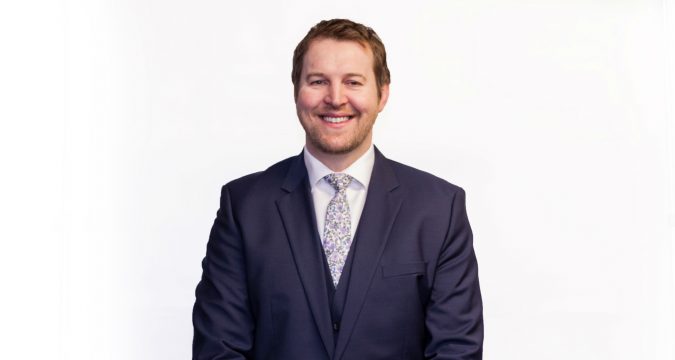 In the second instalment of our extensive Q&A interview with James Rule, Matt Shaw asks about the club's financial situation, the stadium situation and more.
Part 1| Part 3
MS: People want to know why there isn't external money. Other clubs may have a big investor, is that availability of funds simply not there?
JR: If you look histori
In the second instalment of our extensive Q&A interview with James Rule, Matt Shaw asks about the club's financial situation, the stadium situation and more.
Part 1| Part 3
MS: People want to know why there isn't external money. Other clubs may have a big investor, is that availability of funds simply not there?
JR: If you look histori A Q&A with Widnes CEO James Rule – Part 2
 In the second instalment of our extensive Q&A interview with James Rule, Matt Shaw asks about the club's financial situation, the stadium situation and more.
Part 1| Part 3
MS: People want to know why there isn't external money. Other clubs may have a big investor, is that availability of funds simply not there?
JR: If you look histori
In the second instalment of our extensive Q&A interview with James Rule, Matt Shaw asks about the club's financial situation, the stadium situation and more.
Part 1| Part 3
MS: People want to know why there isn't external money. Other clubs may have a big investor, is that availability of funds simply not there?
JR: If you look histori 